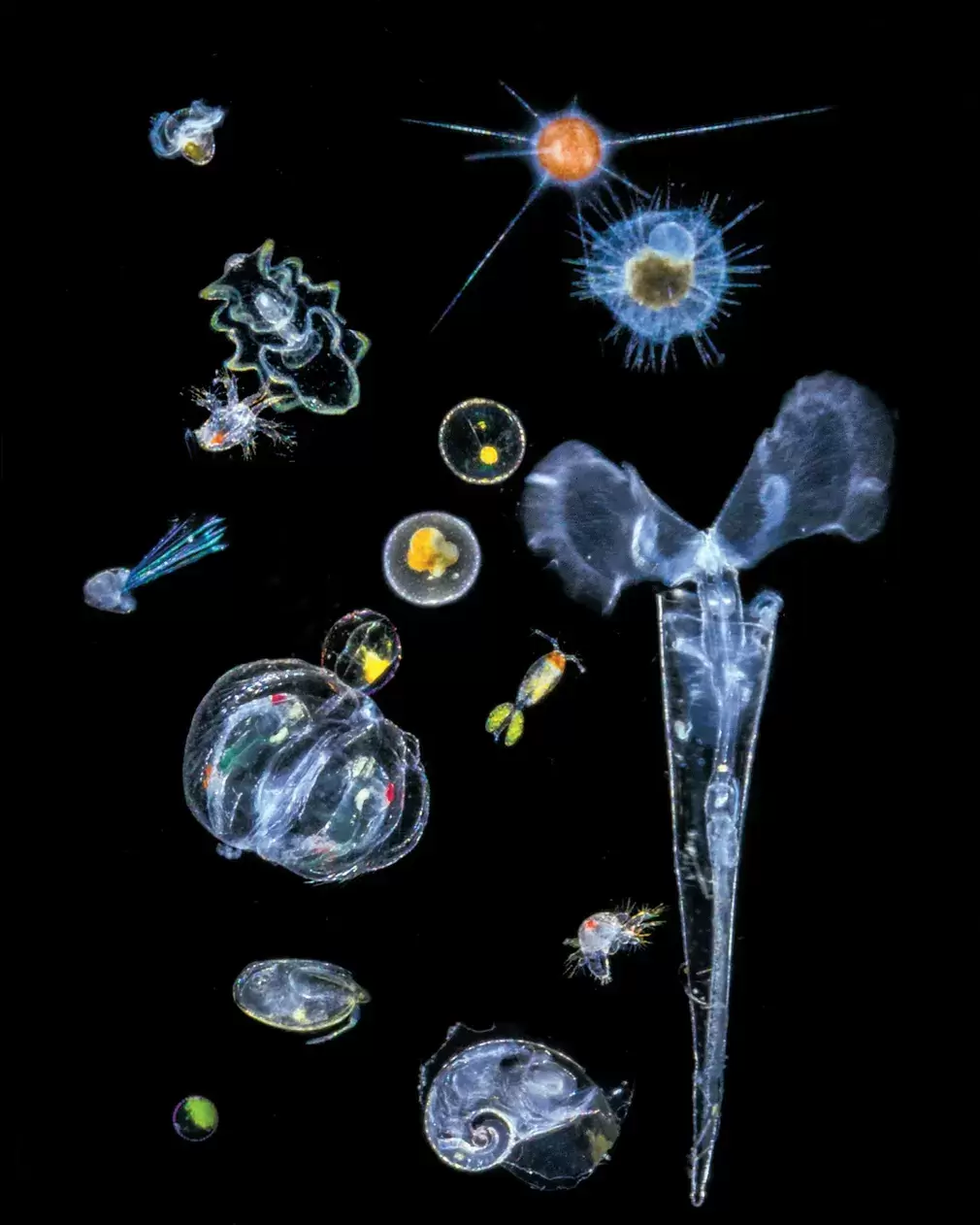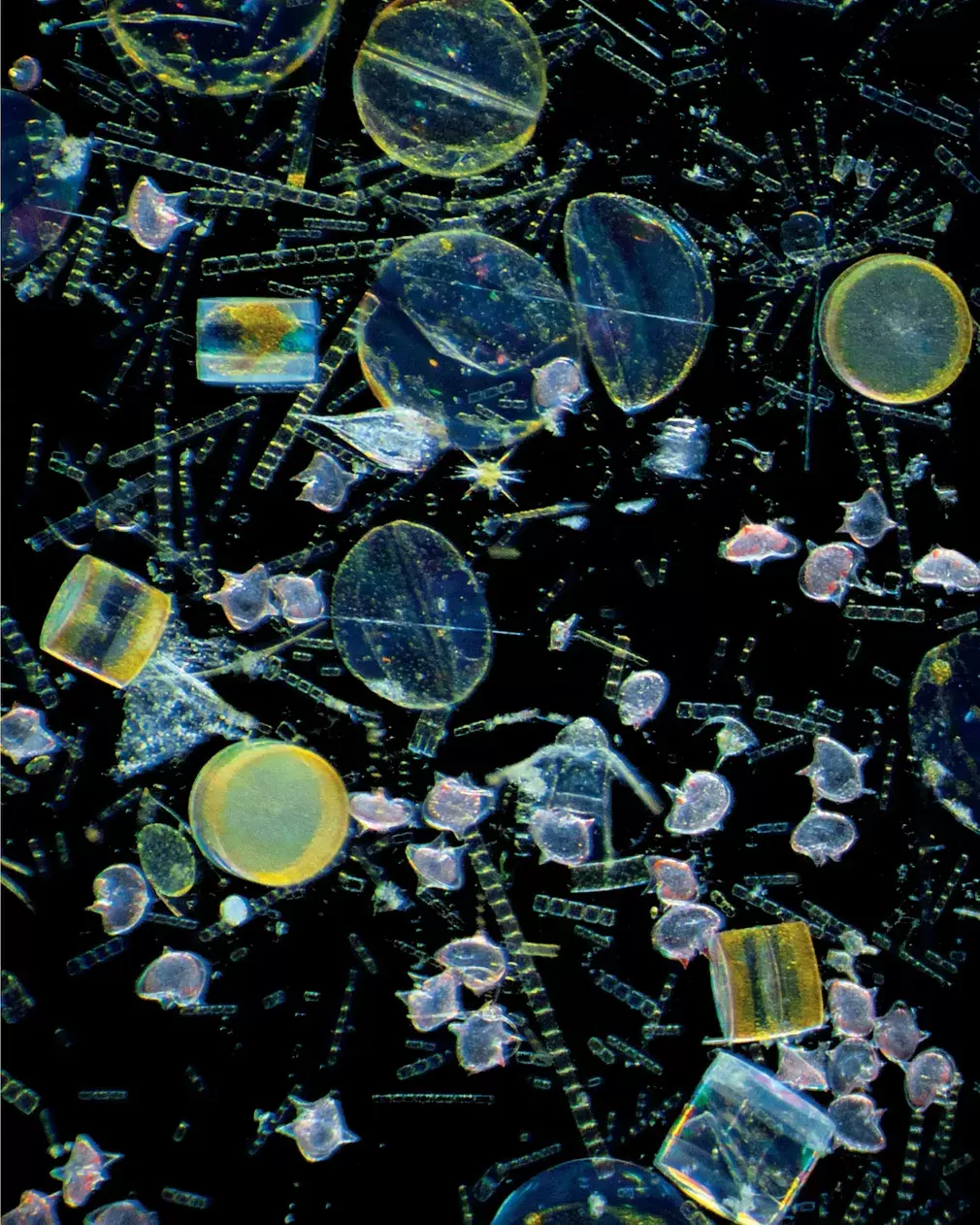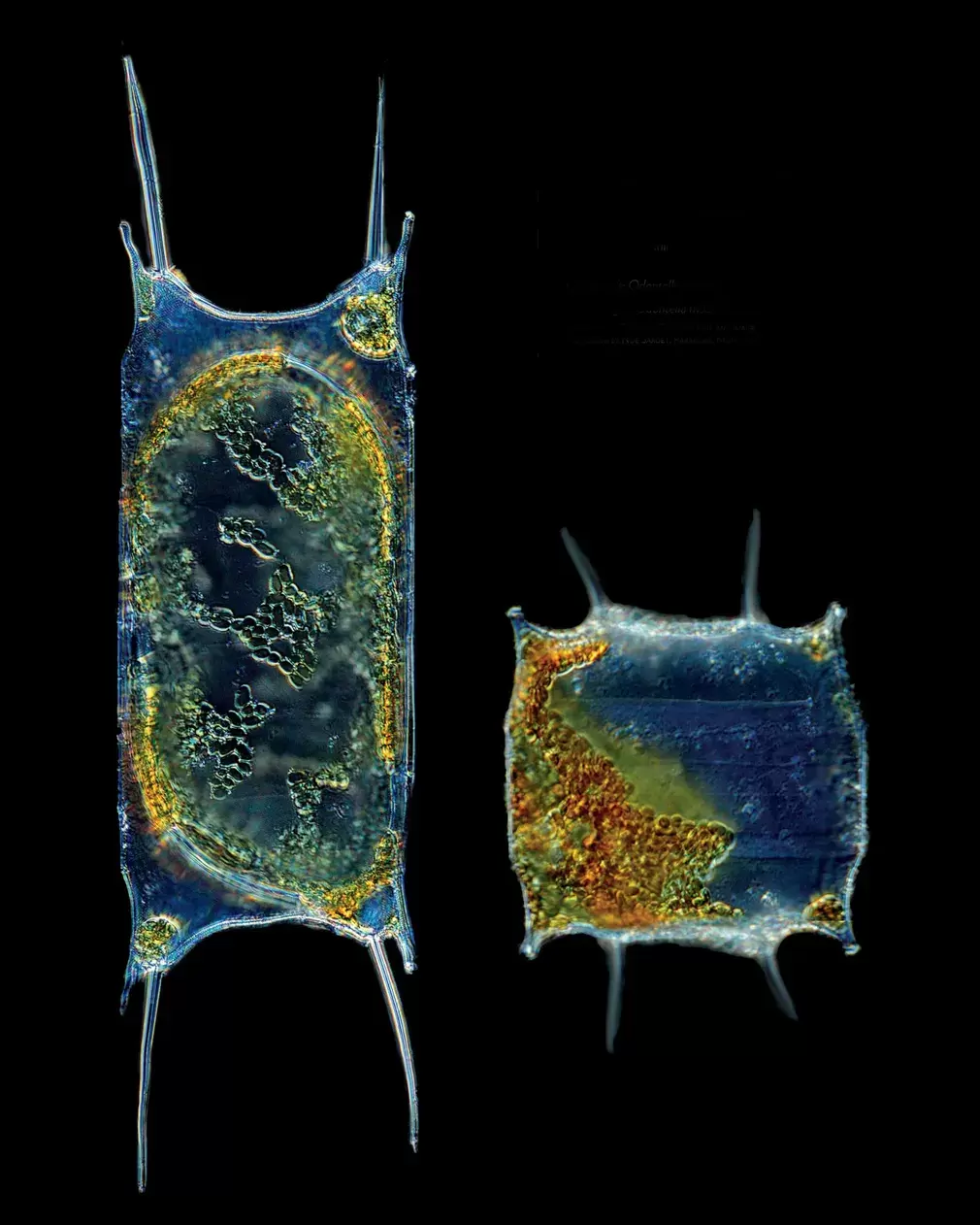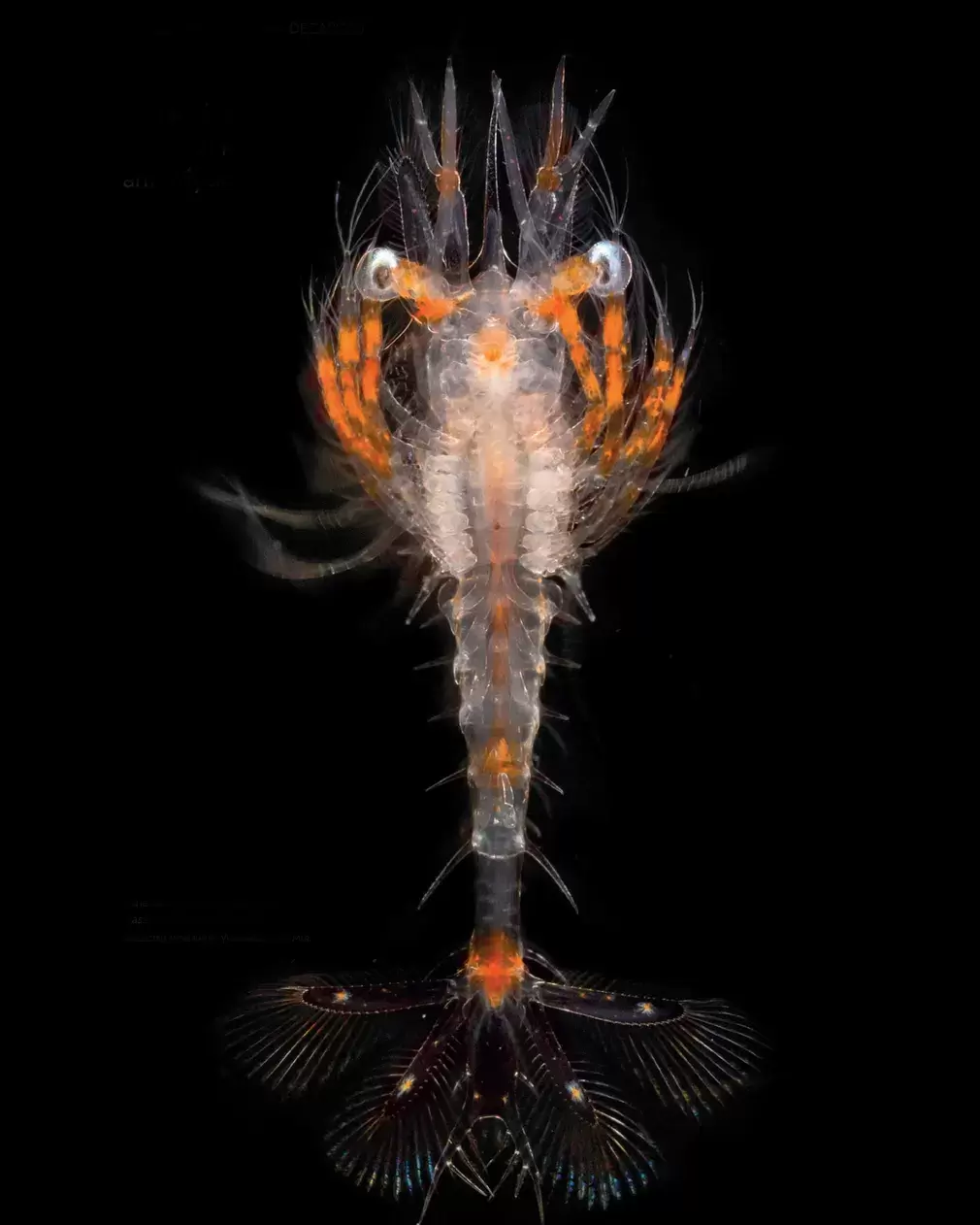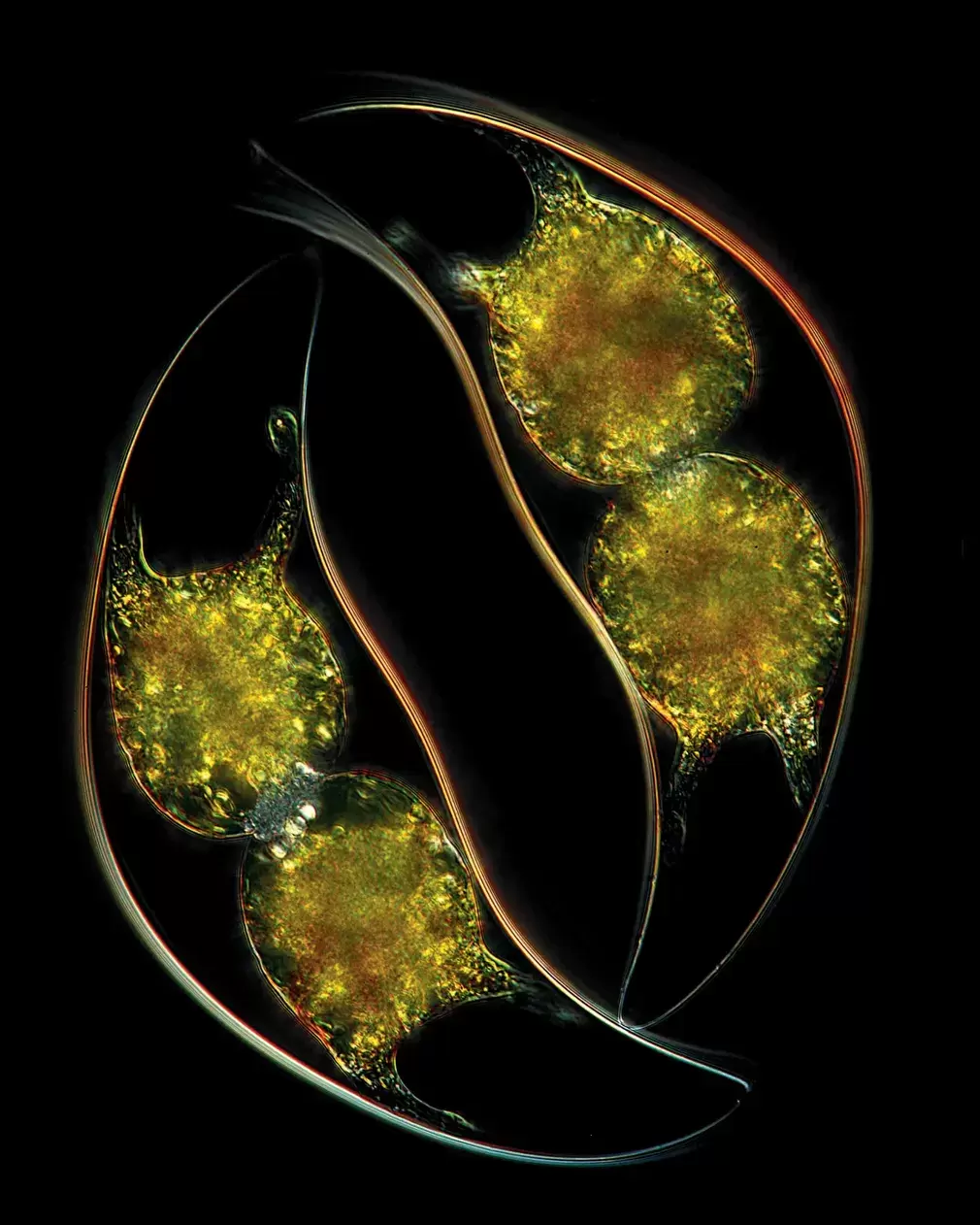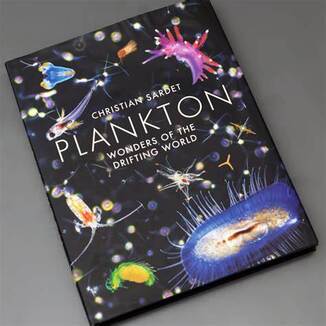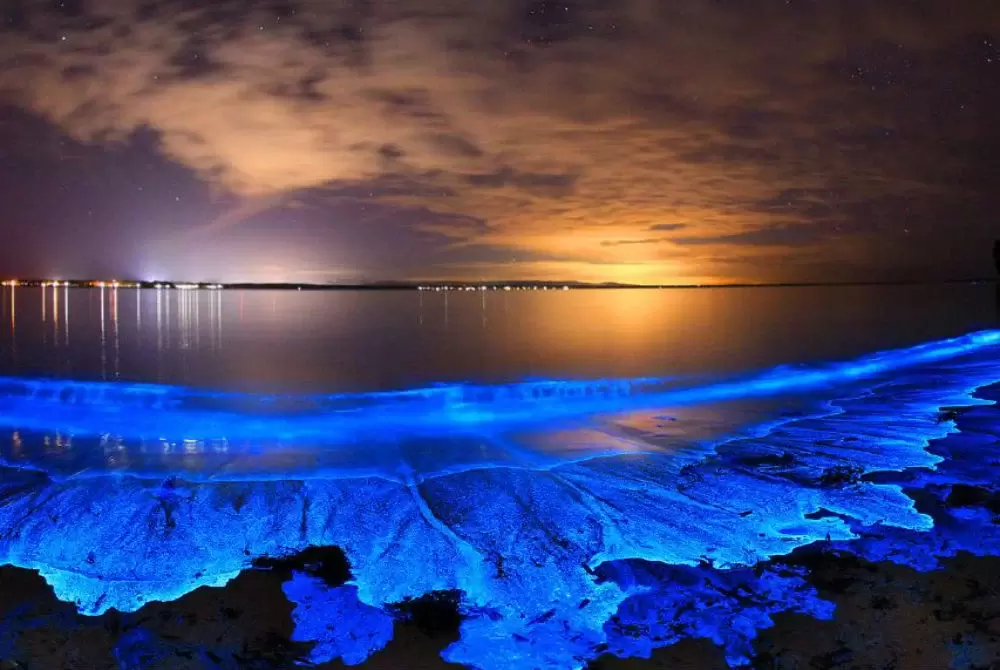Process and Plankton
Eco-Theology and Microbial Life
Today, it is fashionable and, for some, refreshing to think about extraterrestrial life. Reflecting upon "alien" forms of life is, in its own right, a spiritual activity. In "Spirituality and Practice," we read:
"In the spiritual life, imagination has two meanings. First, it is a human faculty — the part of us that traffics in images, symbols, myths, and stories. It is the capacity we all possess for innovative thinking and creative expression. Second, imagination is an inner reality, a boundless realm not defined by our senses or reason. It's a realm we recognize from our dreams and can access through specific exercises while awake. The practice of imagination encourages us to utilize this faculty and allows us to explore the realm."
Even on Earth, there are forms of life that ignite our imagination. Plankton serve as a example. These microscopic organisms are the original nomads, drifting with the currents of water and wind. While many theologians, including eco-theologians, often overlook them when discussing "life on earth," process eco-theology can provide an antidote to this neglect of the small. Process theology emphasizes the intrinsic value of all life forms, without favoring the macroscopic or human-sized. It suggests that there's a level of subjectivity, of experience even at the atomic level, even in quarks. This page is an invitation to recognize the "alien" microbial life forms on Earth, upon which larger creatures, including ourselves, deeply rely: seeing them in their beauty and strangeness.
"In the spiritual life, imagination has two meanings. First, it is a human faculty — the part of us that traffics in images, symbols, myths, and stories. It is the capacity we all possess for innovative thinking and creative expression. Second, imagination is an inner reality, a boundless realm not defined by our senses or reason. It's a realm we recognize from our dreams and can access through specific exercises while awake. The practice of imagination encourages us to utilize this faculty and allows us to explore the realm."
Even on Earth, there are forms of life that ignite our imagination. Plankton serve as a example. These microscopic organisms are the original nomads, drifting with the currents of water and wind. While many theologians, including eco-theologians, often overlook them when discussing "life on earth," process eco-theology can provide an antidote to this neglect of the small. Process theology emphasizes the intrinsic value of all life forms, without favoring the macroscopic or human-sized. It suggests that there's a level of subjectivity, of experience even at the atomic level, even in quarks. This page is an invitation to recognize the "alien" microbial life forms on Earth, upon which larger creatures, including ourselves, deeply rely: seeing them in their beauty and strangeness.
